
The Three Levels of Dyslexia
As a parent, it’s important to know that there are three different levels of dyslexia. This knowledge and other information will help you effectively advocate

As a parent, it’s important to know that there are three different levels of dyslexia. This knowledge and other information will help you effectively advocate
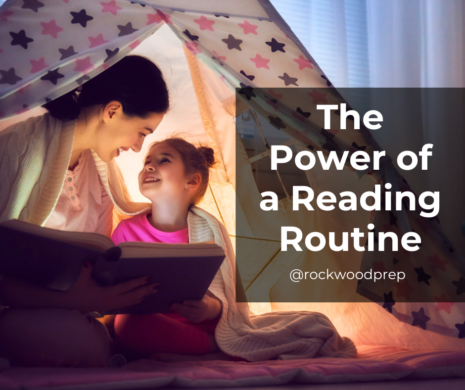
Struggling readers face many challenges that make reading feel overwhelming and daunting. These challenges may include difficulties with decoding words, poor comprehension skills, or a
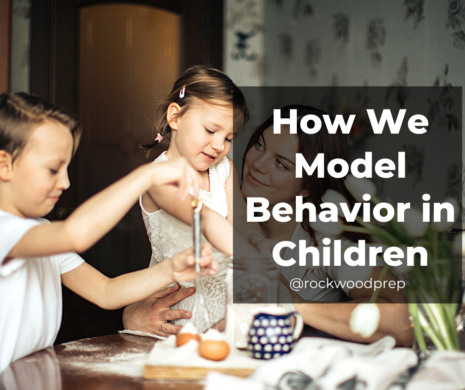
When it comes to being a copycat, young children are excellent students. They are watching parents, other children, and caregivers to see how we talk,
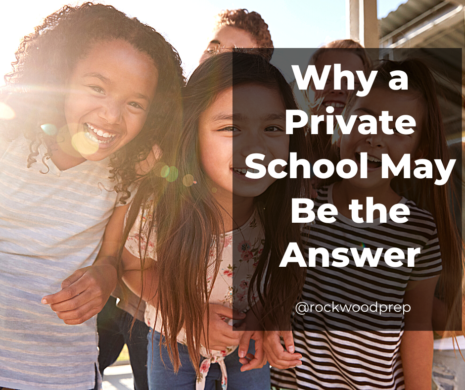
As a parent of a child with learning disabilities, it can be a difficult decision to choose the right educational setting for your child. While
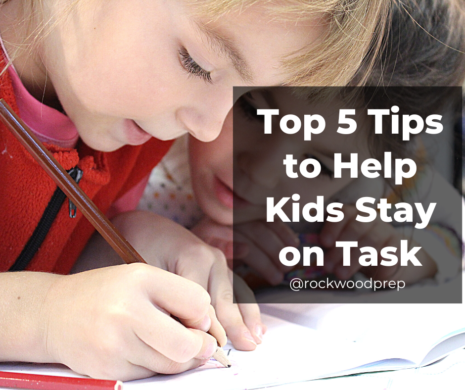
Many children and adults struggle with focus. Without proper focus, staying on task seems unattainable and discouraging because an assignments takes too much time to
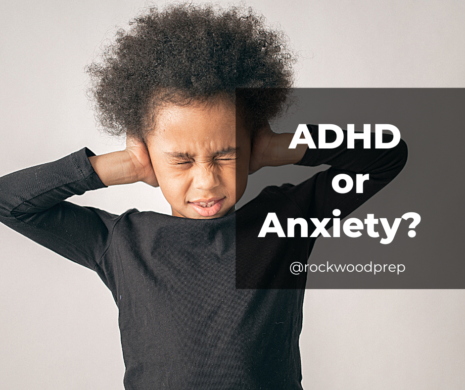
Have you ever wondered if your child has ADHD, anxiety, or both? Since traits like impulsiveness, emotional meltdowns, problems sleeping, and trouble focusing are often